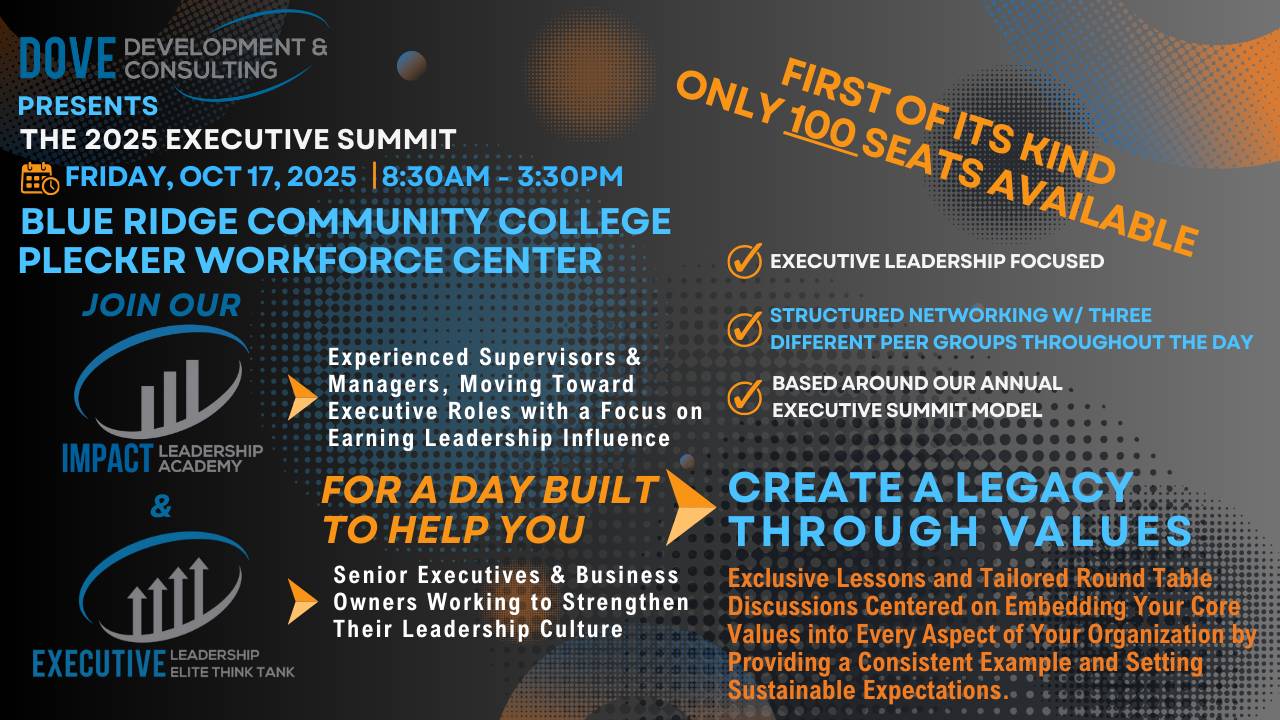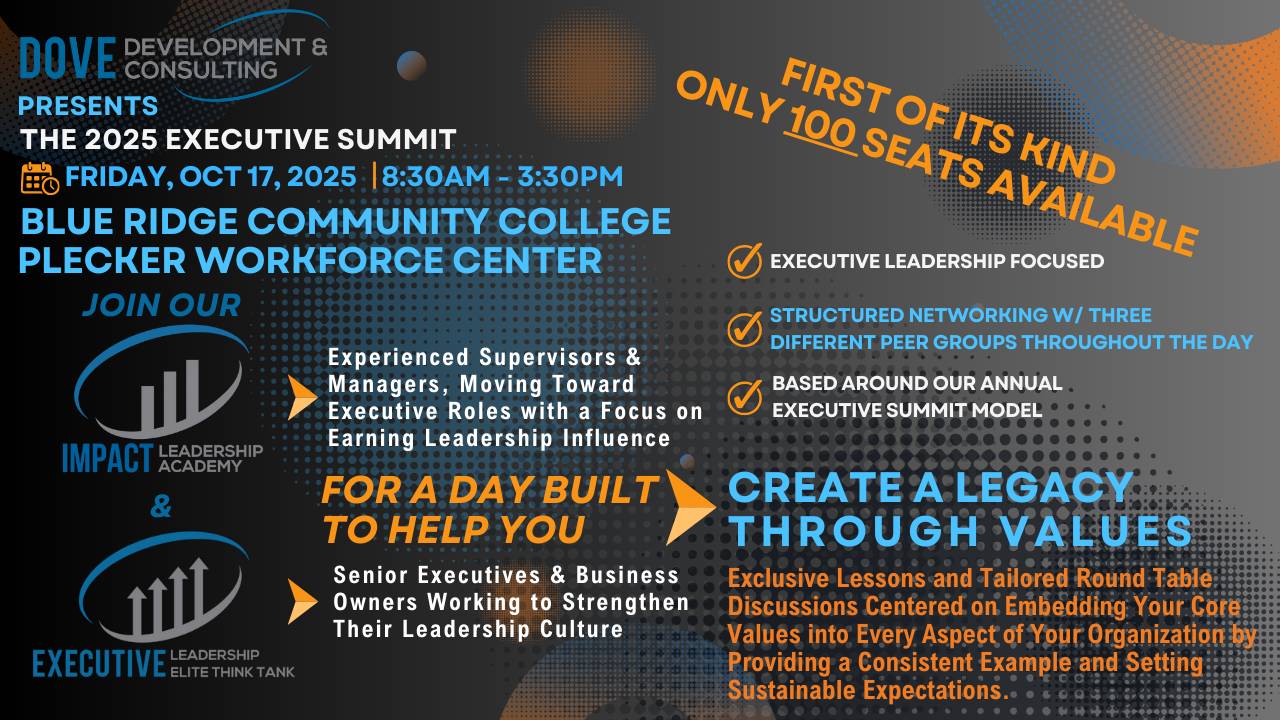Building an Alliance for Honest Dialogue
Jul 02, 2025
As we looked at why many folks in leadership roles avoid feedback, I shared examples of how some leaders aren’t necessarily avoiding feedback; they just aren’t getting honest input from the folks closest to them on where they have opportunities for growth. In most cases, these leaders are in little danger of losing confidence from receiving feedback that doesn’t tickle their ears. The ones I’ve seen deal with this the most are those who have tremendous influence and juggle incredibly busy schedules. All too often, their team members get caught up in jockeying for position and fall victim to the idea that sharing anything less than positive with their leader would diminish their own importance.
I could list all kinds of reasons someone would shy away from providing honest feedback to an influential leader, especially if they report directly to that leader and they’re insecure enough in their own skin that they believe the leader would shun them for doing so. While I understand this type of reluctance to some degree, it only serves to emphasize the importance of building strong alliances that allow for honest dialogue. I’ll say it once more to be sure it sticks: there’s no such thing as a self-made leader. The saying, “We don’t know what we don’t know” rings so true and we aren’t very likely to ever know on our own. Actively working to build alliances that lead to honest dialogue is important for all of us, but even more so for a leader whose team members are a little too willing to nod in agreement when a bit of respectful pushback could help everyone involved.
I learned early in my interaction with Terry that I could count on receiving what I perceived then as constructive criticism. As that relationship developed, I began to understand that his input wasn’t meant to be critical but to serve as feedback on how I could be more effective - specifically in training on the behavior-based safety initiative he and I were both involved with. Over time, the things I went to him about were no longer limited to that process; I realized that he was willing to provide me with “Alliance Feedback” that was helping me grow in every aspect of my professional life. Even then, though, it took years to develop our alliance to a point where there was truly honest dialogue. My responses were far too reactionary at first, me attempting to save face even when there was no need. I didn’t get comfortable with having an actual conversation until years into our interaction. Make no mistake, this wasn’t because of anything he was doing. I just hadn’t developed my own self-image to a point where I believed my input was worth considering since he had served as the primary example I was learning from.
Regardless of where we are in our careers or the role we’re filling in the alliances we’ve built, we need to be very intentional about establishing an atmosphere that allows for mutual growth through candid conversations. If we’re the one providing feedback on how someone can improve, we need to allow them the space to share their perspective to have any hope of them being able to internalize what we’ve suggested. Having them simply nod in agreement doesn’t equate to them being willing to put it into action. We also need to foster a culture where our team members feel comfortable openly sharing their thoughts on ideas we present - especially when those thoughts make us aware of issues we weren’t previously aware of. If everyone around us is in agreement 100% of the time, bigger issues are on the horizon. None of us are that good and no growing organization is in lock step all day, every day. And when it comes to our peers, it’s critical to develop relationships with leaders who are willing to offer transparent input when they have nothing to gain. Terry set that example for me years ago, but now I’m blessed with close to a dozen folks I can have honest dialogue with to work through any issue we face.
I frequently emphasize that I’ve never felt like I’m very talented in any one thing. But between being willing to consistently out work nearly everyone around me and building strong relationships with leaders who are great in areas I’m not, I’ve had opportunities I couldn’t have imagined. One of the most powerful things I’ve gotten from the alliances that led to honest dialogue has been the chance to shape better decisions so we’ll look at that next.



